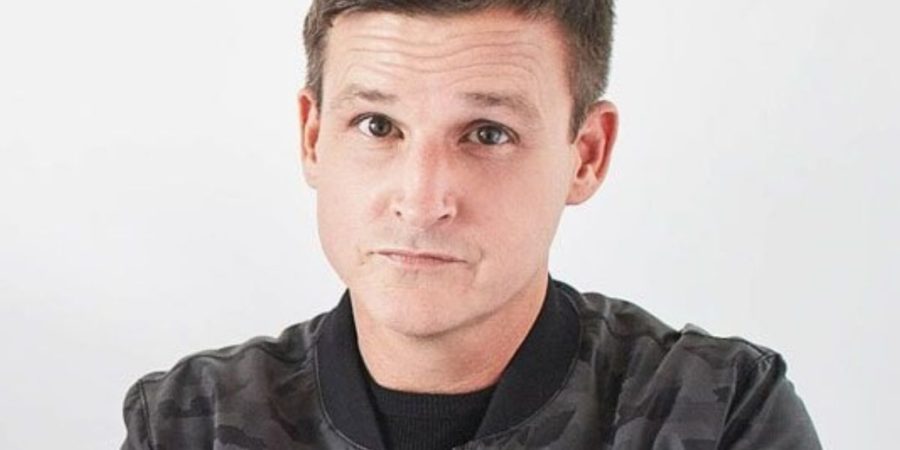How Rob Dyrdek Built His Wealth Machine | The My First Million Podcast #224
This is the start of a new series where we will pull out insights and frameworks we think you should know about from epic podcasts we’re listening to.
These will cover wealth building, business building and living well. They’ll be practical and actionable.
Enjoy.
Rob Dyrdek is a former professional skateboarder, prolific content creator, holder of numerous world records and a successful entrepreneur.
Here are three frameworks he shared that anyone can use to win.
WEALTH BUILDING SYSTEM
Rob sees life as a series of interconnected systems that he can use to build wealth and a good life.
Rob’s wealth-building flywheel takes money generated from business ventures, such as buyouts, dividends or capital raises and re-distributes that money into ‘safer’ and more ‘passive’ investments such as property and storage units. The passive investments then fund his bets on new companies.
Everything Rob owns is held under one umbrella, the Dyrdek LLC, and he redistributes capital as he sees fit – Like Warren Buffet of Berkshire Hathaway.
Every venture he funds is built to sell based on his lessons from the book ‘Built To Sell’.
He tries to own 25-70% at maturity, i.e. time to sell.
He takes a three-year view with every venture and plans each one out from start to finish (maturity).
Note, Rob is building wealth rather than income. This is a risk aversion strategy, so even if all new ventures fail, he’ll still have a large wealth base to rebuild from rather than starting from scratch.
LIFE OPTIMISATION MODEL
“I am human optimisation.”
“The goal is not to be happy in pockets but to be happy for every single hour of every single day”.
Rob is fiercely protective and prescriptive with his time. He controls how he uses his time to manage his happiness and fulfilment.
He uses this model to become a self-described “Master of human optimisation”.
As Rob sees it, we all have a certain level of human capacity (ability to produce an output), and to scale that capacity, you need to hire or automate.
He lives a deeply automated life and adds people to his team to increase capacity when required.
He tracks all his time and feeds that data into a dashboard to measure and optimise how he spends his time.
Step 1 => He records how he spends his time for every minute of every day and uses insights from this data to optimise his life.
Step 2 => He reflects on his Life, Work & Health daily.
Rob then optimises how he spends his time to improve how he feels about his life, work and health from day today.
Rob wasn’t born this way; he stumbled on this way of living after some VC’s said his life was unpredictable and uninvestable.
He hired a consultant to teach him about building a business from start to finish and read a book called ‘start at the end’ needs to start treating his life like this 2013 started.
He optimises by time spent doing, i.e. the quantitative stuff for a happy and high-quality life. For example, 30 mins meditating a day.
His current optimised time expenditure is as follows;
30% Sleep
30% Family
30% Business
10% Health
We think Rob would enjoy this simple technique we use to do better with our time.
TIGER 21 WEALTH MANAGEMENT GROUP
Leveraging his network, Rob has created his version of the $30,000 per year Tiger 21 Wealth Management group.
Every month he meets with 15 people of varying nature, wealth and age to discuss wealth generation.
Each month one person reveals all their asset holdings and wealth building tactics for the rest of the group to learn from.
The purpose is not to learn about making money but rather wealth preservation which Rob calls Portfolio defence.
They discuss the latest advisor recommendations, investment philosophies, tax efficiencies, portfolio allocation and so on.
You can’t do this with an ordinary friend group which is why Rob stumbled onto this method. Because you have to be so transparent with your finances, most friends don’t want to share that with each other this forms a unique bond and trust amongst everyone in the group.
To give you an idea of what these discussions look like, the first question new people to the group are asked is, “What is your 100-year plan”?
This is a “Non-stop learning” exercise that compounds in value the more you learn and share


